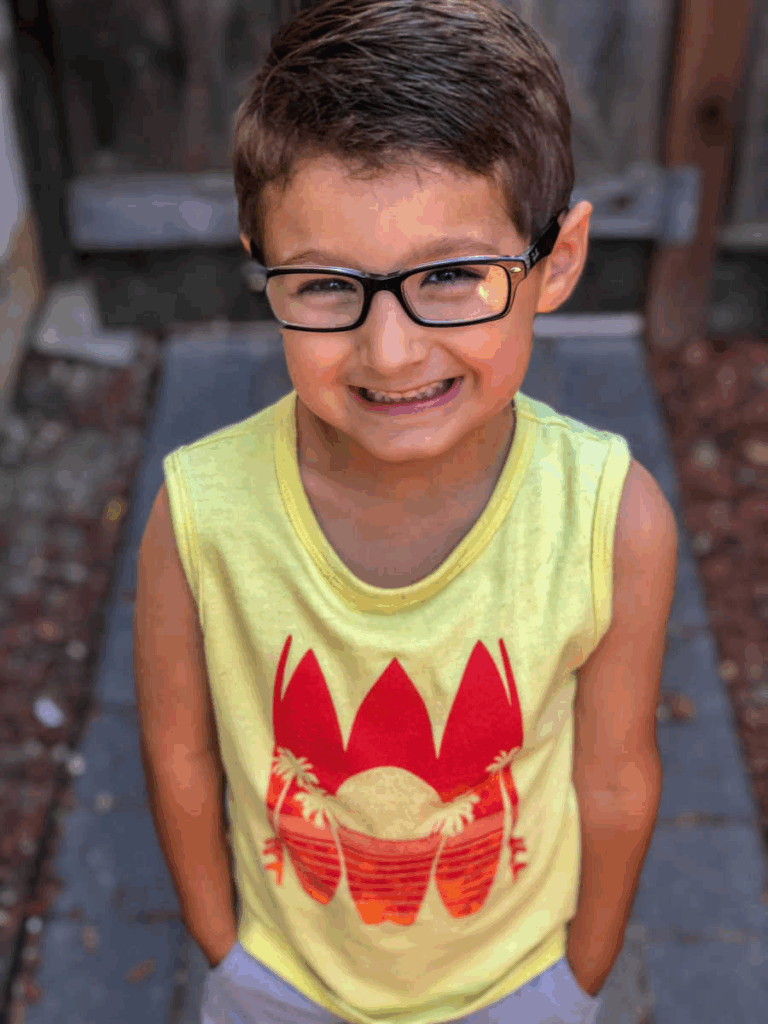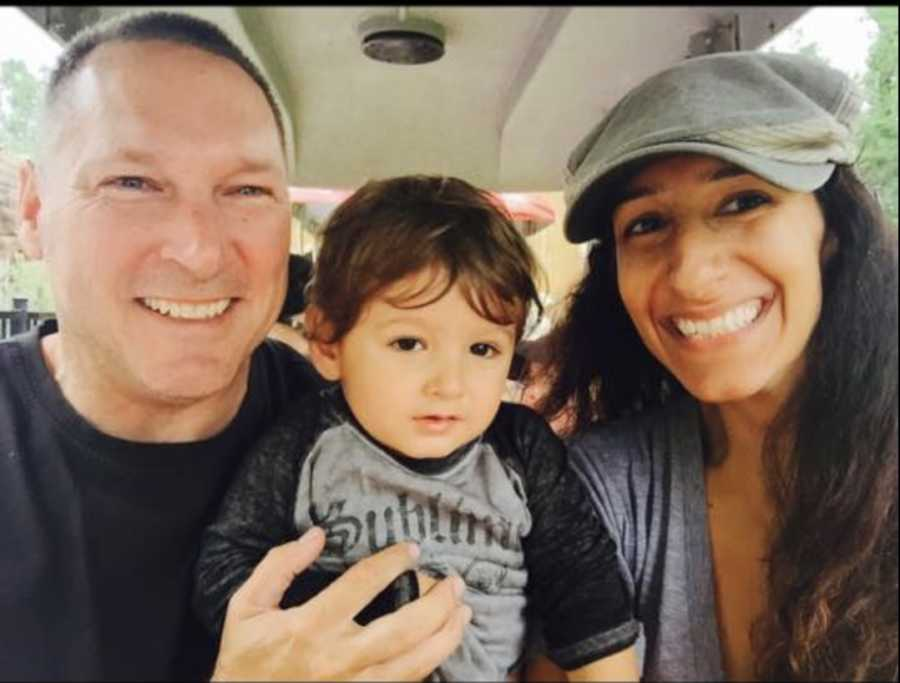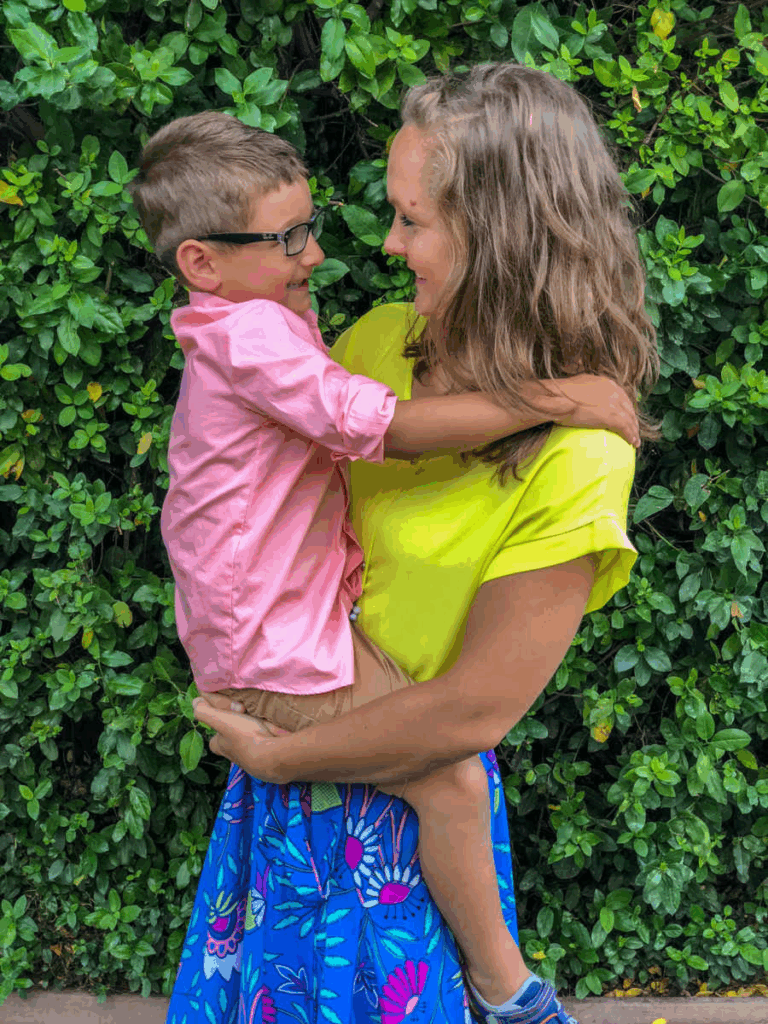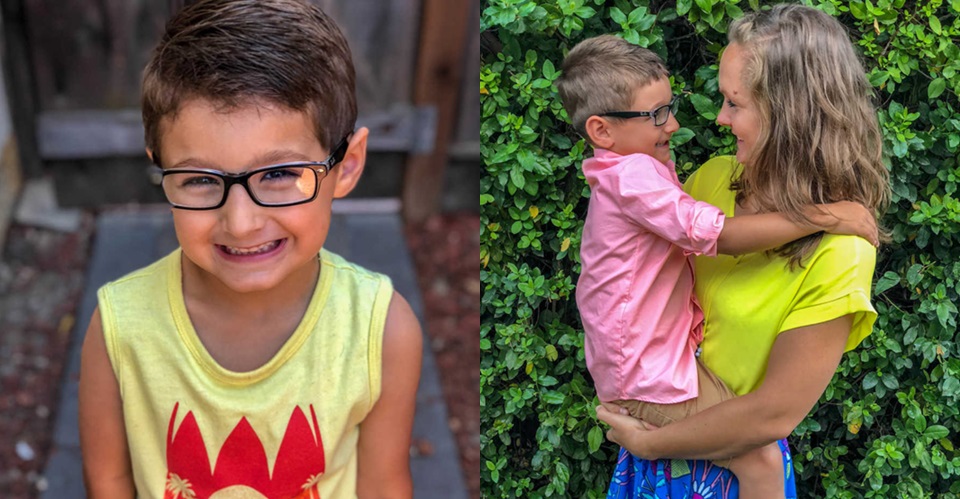853 days. That number lived in Molly Schultz’s mind like a drumbeat, steady and haunting. It was the exact stretch of time her little brother Easton had with his biological parents before both of them died. Just 2 years, 4 months, and 2 days. Barely enough to form memories, barely enough to understand the word family. Then, just like that, he was an orphan.
People like to believe tragedy gives warning, that you see it coming around the corner, but Molly knew differently. In 2016, Easton’s mother died of an overdose, and only 12 days later, their father was gone too, taken by pancreatic cancer. Two funerals in two weeks. A toddler left without a mom or dad. And Molly, 23 years older than her brother, suddenly holding the title of both sister and mother.

The math became an obsession. She counted and recalculated, searching online for number trackers, almost desperate to find meaning in the days. She wanted to know the moment when the scales tipped, when Easton had officially lived more time with her family than with the parents who created him. July 17, 2018, became that date. On that day, she had been his mom longer than his biological mother had. It might seem like just another summer day to outsiders, but it was monumental for Molly.
Molly and her husband had always wanted a son, and suddenly here he was, not through birth or long adoption waitlists, but through heartbreak. Easton arrived after their father’s funeral and slipped into their house full of four daughters. Overnight, a sibling became a son, and the family grew not by choice but by necessity and love.

Life did not pause to let Molly grieve her father or process the overdose that took Easton’s mom. Instead, she was learning to soothe a toddler in the dark, navigate court dates, and fill out adoption paperwork while juggling homework and carpools. The chaos was endless, but there was also a strange steadiness. She had lost a father, but she had gained a son. The universe has a cruel but complicated way of balancing itself.
Easton will never really know his first parents. That truth weighs heavily on Molly. He will not remember his mother doing her makeup while he toddled at her feet, or his father rocking him to sleep while typing late at night. Those everyday moments are gone, swallowed by time. What remains are snippets of video, photographs, and the stories Molly keeps alive at the dinner table. Unlike many adopted children, Easton has the gift of hearing details about his parents from someone who loved them, too. His mom can tell him their humor, their quirks, their songs. In that way, his past is not erased, just carried forward in a different voice.
When Molly looks at Easton now, she sees a boy thriving in ways his parents would have wanted. He is playful, full of questions, adored by his sisters, and sheltered by a community of love on earth and beyond. He has guardian angels in the parents he lost, and a mother who was once his sister, but now is the one who tucks him in and makes sure he never doubts where he belongs.

Parenting after loss is messy. Adoption born out of tragedy carries both gratitude and sorrow. Molly is thankful every day that Easton is safe and loved, but she still aches that his story began with so much heartbreak. That’s the paradox of love after loss; it heals while it hurts. On July 17, she felt the weight of the numbers again. 854 days with her. More than he ever had with them. And from here on out, those days will only grow. For Easton, the future is bigger than the past. And for Molly, the journey is proof that perfect beginnings do not define family, but by who shows up to stay.











